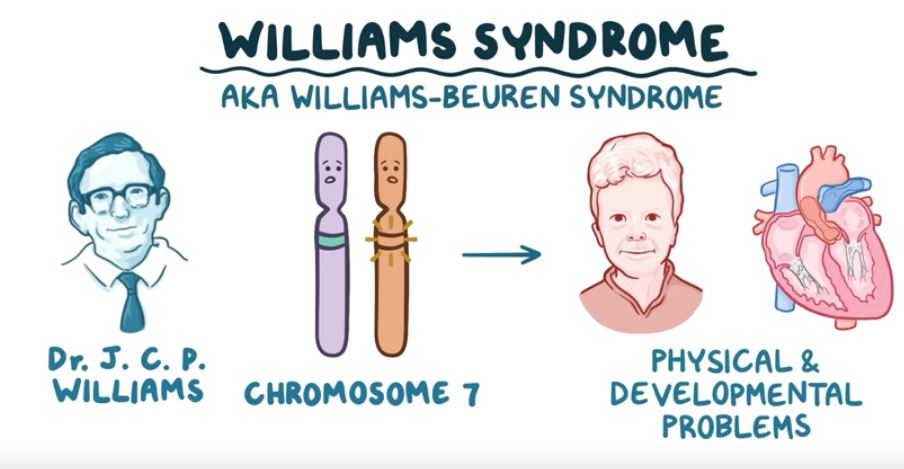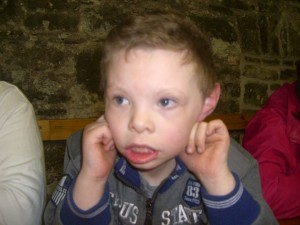You may have just received a positive diagnosis for Williams Syndrome (WS) for your child. This page provides an introduction to WS and gives some pointers to what supports your child may need growing up.
You are beginning a journey of discovery about WS and how WS will affect your child. In time you will become an expert on this subject and the more you learn the better you will be equipped to support your child.
Please give yourself time to plan for the challenges and facilitate the upsides that will come your way. Remember that children with WS have wonderful and endearing personalities who will make a great contribution to your family and the community in time. Like everyone it will take time you and your child to find their way.












